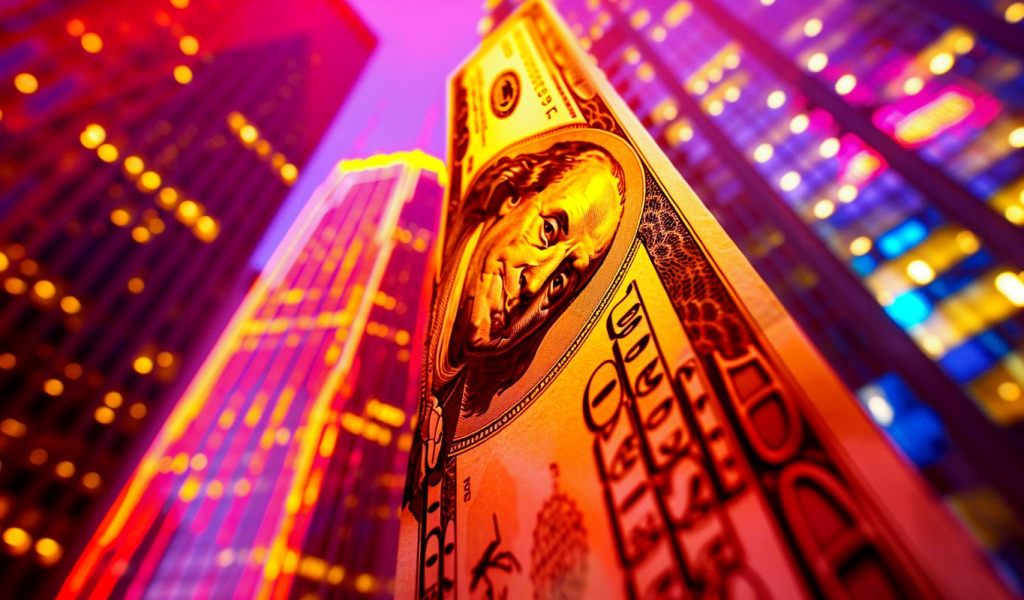
Arrington Capital to back Algorand projects with $100M growth fund

“The Arrington Algorand Growth Fund represents yet another key strategic pillar in supporting the momentum of those building on top of what we think is the best technical platform for regulated DeFi and the future of finance,” said Sean Ford, COO of Algorand.
Support for the Algorand ecosystem appears to be growing, with digital asset manager Arrington Capital earmarking $100 million for projects building on the smart-contract platform.
The massive Arrington Algorand Growth Fund, or AAGF, has been designed to accelerate additional development across all facets of the smart contract platform, the company announced Thursday. This includes applications spanning the DeFi, traditional finance, public sector and NFT marketplaces.
AAGF will invest in an array of Algorand-focused projects, including native cryptocurrencies that drive new financial applications on the network.
Arrington Capital was founded by TechCrunch and Crunchbase founder Michael Arrington. The company oversees more than $1 billion in assets under management and its portfolio includes key investments in Unbound Finance, BlockFi, Polkadot, Kava and many others.
Michael Arrington said his firm is “inspired by the traction that Algorand has in the market right now,” adding:
“With unmatched tech, robust developer resources and a vision for long term sustainability, Algorand is empowering its community to more easily create the future of finance.”
Related: Pantera Capital and Arrington XRP Capital lead $5.8M Unbound Finance raise.
Algorand was viewed as a serious smart-contract competitor to Ethereum during the run up to the 2017 bull market. The proof-of-stake blockchain has received more than $500 million in strategic investments, according to Arrington Capital. This includes a $25 million fund from Borderless Capital to support digital payment solutions on the Algorand network.
At the time of writing, Algorand was the 35th most valuable blockchain network, with a total market capitalization of nearly $3.1 billion.
Go to Source
Author: Sam Bourgi









